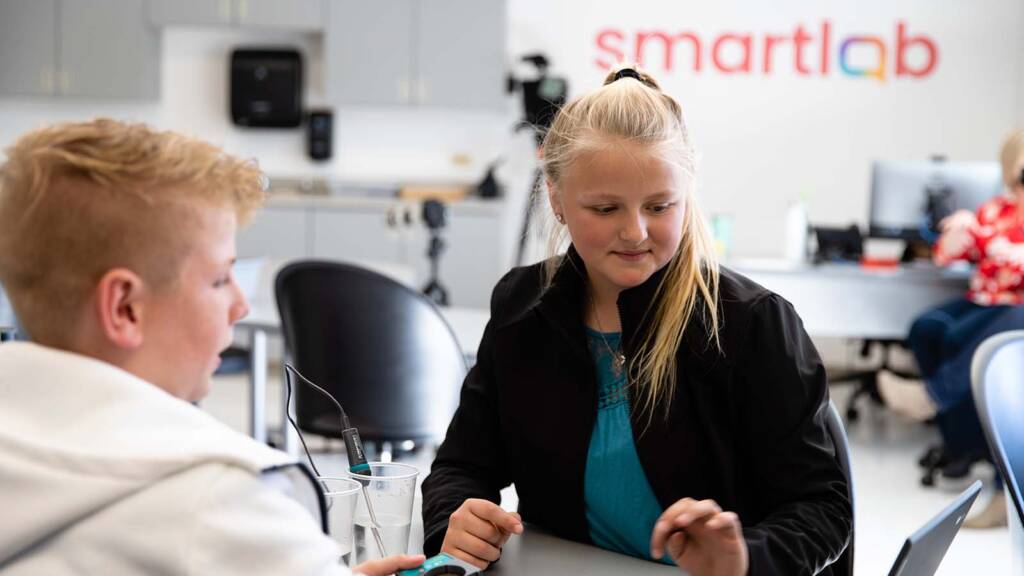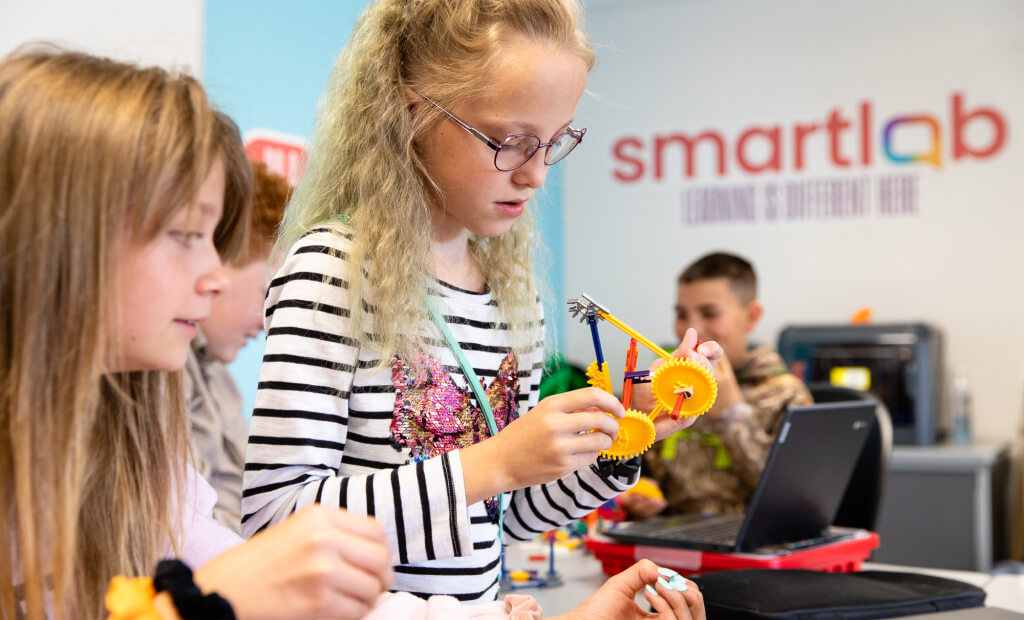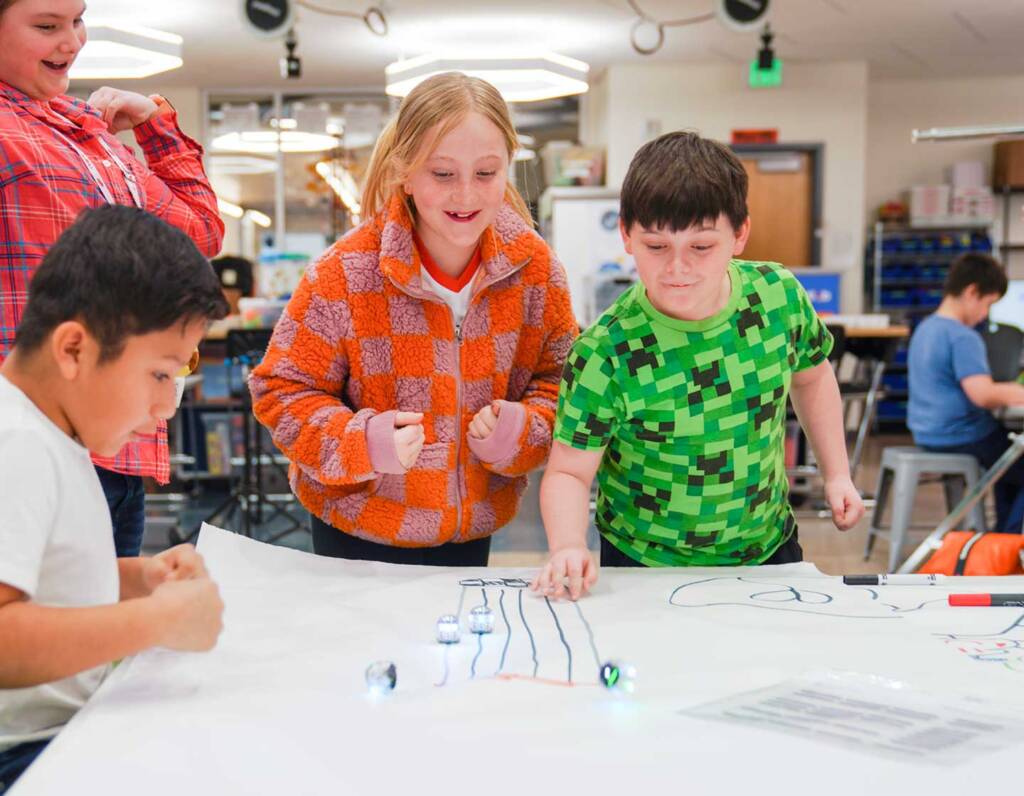Learning Tips for All Parents (Now Educators)
Parents, welcome to the world of education! I know this is a crash course, but you’re not alone—we’re here to help you transition.
As a career educator, I’ve worked on the front lines of education, and I rely on my training and education every day. You may not have the same resources I have, but since all parents have now become educators and every home is now a classroom, we all need to get up to speed. Let’s start!
Student Teaching Lesson 1: You Matter!
Minutes before I entered my first classroom of 30 inner-city students, my mentor tossed a book on my desk. I didn’t think much of it, after all, I was trained and knew what I was doing—I didn’t need another book.
Forty-five minutes later, I was nursing a bruised ego from my first “failure” of a lesson.
Afterwards I began reading the book—The First Days of School. The advice inside helped me pick myself up and focus on what matters.
I’ve since discovered that the book gets passed around to a lot of newbies. Inside those hundreds of pages, you’ll find suggestions and resources to set up your classroom environment and start the school year.
But the biggest takeaway for me is that students are remarkably intuitive—they can sense your mood and spot a lie a mile away. As a parent you’ve probably experienced the same thing. If you’re upset, your child will be upset. The same principle applies to a classroom. That lesson was so poignant to me that I framed one of the passages:
I have come to a frightening conclusion.
I am the decisive element in the classroom.
It is my personal approach that creates the climate.
It is my daily mood that makes the weather.
As a teacher, I possess tremendous power to make a child’s life miserable or joyous.
I can be a tool of torture or an instrument of inspiration.
I can humiliate or humor, hurt or heal.
In all situations it is my responsibility that decides whether a crisis will be escalated or de-escalated, and a child humanized or dehumanized.
—Haim Ginott, Teacher and Child, 1976
Good education theory says that every teacher is someone who facilitates learning. But good learning theory says that every person—including children—can be an educator. Yes, that means that everyone in your home is now an educator for your child—and how you interact with them affects learning.
Being a good educator sometimes means acting the part—even on those days when you’re barely holding yourself together. Trust me, taking care of yourself, and making time to refresh and rejuvenate matters more than trying to fit in another activity or add more content.
Student Teaching Lesson 2: “What Are the Students Doing?”
After my first few weeks of teaching, I began to feel more comfortable so I started creating what I considered to be “grand lessons.” In my mind, I’d effortlessly teach genetics or orbital theory and my students would immediately learn these complex subjects.
That’s not how learning works—but so many new educators fall into that familiar trap.
When I was tired or run down, I’d focus on teaching rather than helping the kids learn—and there’s a big difference between the two! Lucky for you, I still have evidence of my failures:

Frustrated, I turned to my mentor and shared my “grand” lesson plans with her.
She looked at me and asked, “What are the students doing now?”
I’d say, “taking notes,” then I’d try to carry on.
A minute later, she’d ask the same question.
I got so frustrated! I mean, thinking about the students was getting in the way of my teaching ….
Oh … in my hope of creating the perfect lesson, I forgot about the students, and my mentor helped me remember that learning is about the students, not the teacher.
I clearly remember that lesson to this day.
As much as you matter in learning, what the students are doing matters more.
Putting It into Practice
So how do you walk the line between being an important part of learning, and making sure to focus on your children and their learning? Here are some tips:
- Take care of yourself! Shower, get a haircut (if you can!), shave, eat, and exercise. When I was a first-year teacher, an experienced educator bought me a gift card for haircuts and scheduled recurring appointments for me. Trust me, when you’re trying to manage it all, it’s hard to make time for yourself.
- Start with engagement. You know your
childrenstudents. Use what they love to teach them to love learning. If your little one is stuck with Minecraft or Fortnite, ask her to document what she does in the game, and then ask, “What did you learn?” Let her answer—even if the response is, “I need to hide when the other players come,” it’s still learning.
When kids are used to learning—and communicating their learning—you can start directing them toward content: “Hey, John, when you game today, I want you to think about [insert topic here, i.e., addition, map reading, writing]. I know it’s lame, but do you think you could show me an example of that in the game?”
- Schedule and organize. When in school, most students have a place to turn in work, store their backpacks, and place for their lunches. Call your kids’ teachers and ask about any normal routines, then use them at home, which helps create a familiar learning space.
You can even earn points by asking your students what they liked the most and least of their normal school day, then let them help you modify it. This helps create buy-in while giving them ownership of their own learning.
- Ask the Pros. Just like when you’re learning something for the first time, don’t hesitate to reach out to educators around you. We can provide tips and tricks that might help.
Keep your head up, take care of yourself, and always remember that learning is about the student. If you do those things, learning will occur—you can get to the content later.




